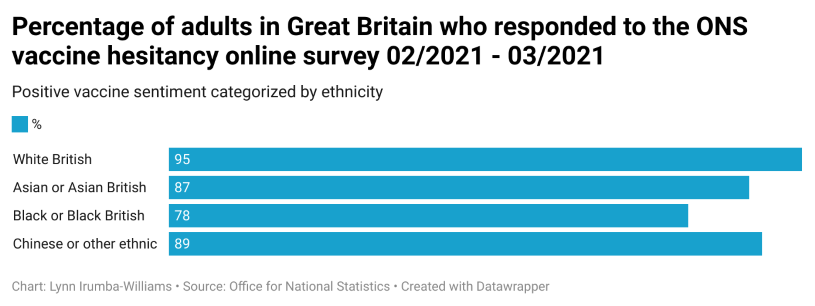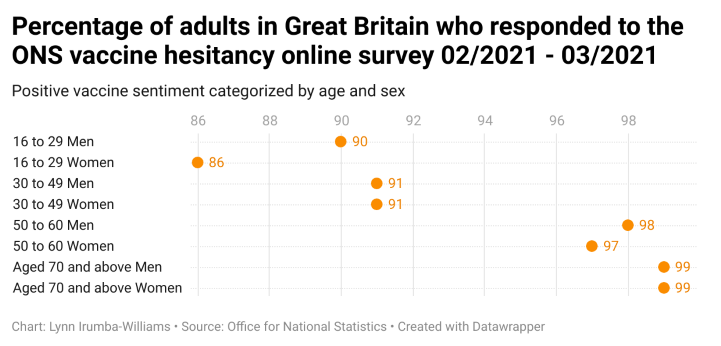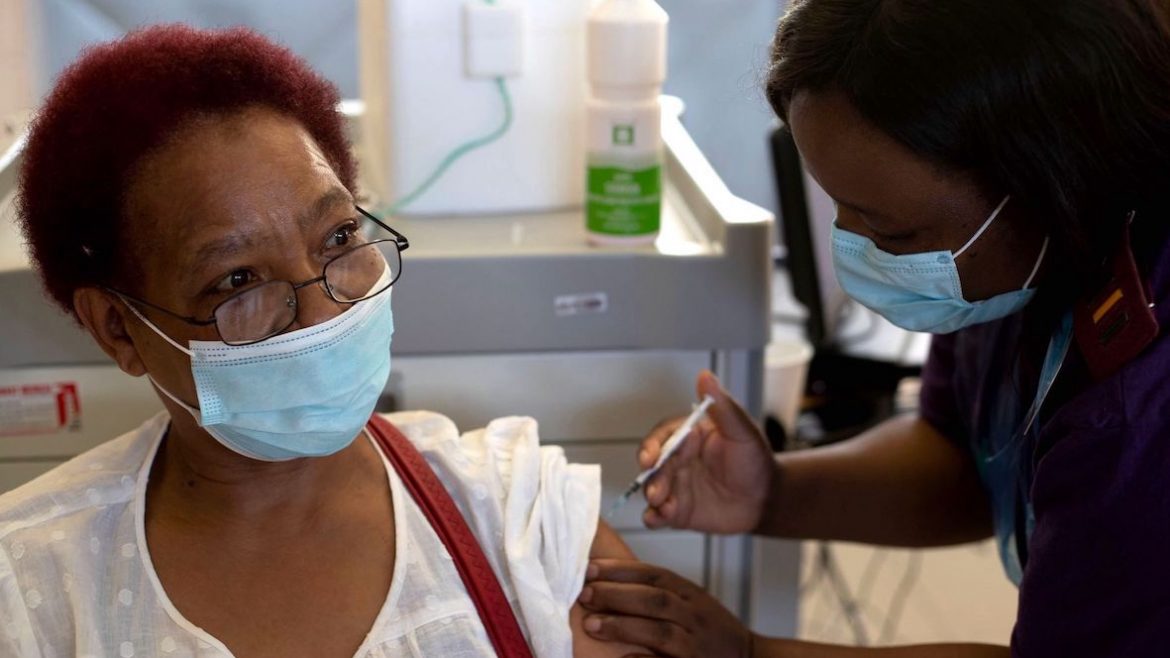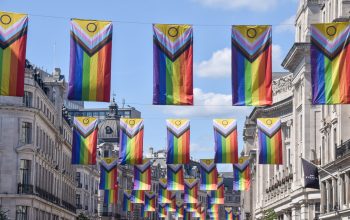A survey from the Office for National Statistics (ONS) has shown that young people and ethnic minority groups are more hesitant to receive the Covid-19 vaccine than other people.
The latest online survey carried out between February 17 to March 14 has shown factors such as age/sex and ethnicity affect someone’s choice about whether to get the vaccine.
Tim Vizard, a research officer at ONS, said: “Over the past few months, we have seen attitudes across most of the population becoming more positive towards Covid-19 vaccination.
“However, there is still hesitancy among some groups, including young people, Black or Black British, and those living in the most deprived areas.”
The data
More than nine in ten (94 per cent) of 52,307,000 million adults in Great Britain responded positively towards getting the vaccine, with 6 per cent of adults were hesitant. This decreased from 9 per cent of 52, 262, 000 million adults, in the previous ONS survey about coronavirus and vaccine hesitancy.
The figures from ONS show the percentage of people vaccinated between mid February to mid March 2021 was lower among some ethnic minority groups.
The chart below shows 78 per cent (out of 52, 307,000 million) of adults who responded positively to taking the vaccine were from Black or Black British groups between February 17 and March 14 2021, whereas the largest group of people who responded positively were the white British public at a 95 per cent rate of the weight count of 52,307, 000 million people.
A positive sentiment refers to adults who have received the Covid-19 vaccine, have been offered the vaccine and are waiting to be vaccinated or very likely to have the vaccine if offered.

Vaccine hesitancy has decreased among Black or Black British adults to 22 per cent between February 17 to March 14 2021 , down from 44 per cent in ONS’s previous survey which happened between January 13 to February 07 2021.
ln May 2020, a report from researchers at University College London (UCL) discovered that the risk of death from Covid-19 for Black and African groups was 3.24 higher than the general population, whilst Pakistani was 3.29 times higher and Bangladeshi was 2.41 times higher, when compared to the general population.
Dr Rob Aldridge from UCL’s Institute of Health Informatics said: “Our analysis show that several minority ethnic groups have a substantially higher risk of death from Covid-19.
“After we took account of age and the geographical location for those people that died from Covid-19, there remained large differences in the risk of death between ethnic groups.”

Around one in eight (12 per cent) of 52, 307,000 million adults in Britain aged 16 to 29 years – who responded to the ONS vaccine online survey, are currently vaccine hesitant.
This decreased from 17 per cent of 52, 262, 300 million adults in the previous survey, however, this remained the highest of all age groups.
So, why are people hesitant to get the vaccine?
Lack of trust in vaccines
Trust is very crucial for Black communities that might have low trust in healthcare organisations and research due to historical issues such as colonialism.
British Nigerian historian David Olusoga spoke to BBC Radio four Today programme last month and noted historical reasons for vaccine hesitancy among Black and Asian communities.
One example he gave was the Tuskeegee trials in 1930s Alabama, in which African American syphilitic patients were observed but not treated, without their consent. Another was the damage done by James Marion Sims – an American physician who carried out experiments on enslaved Black women in the 19th century, without anaesthesia.
Historian @DavidOlusoga tells @bbcnickrobinson one reason for the lower Covid vaccine take-up in BAME communities is "fuelled by a dark history but none of that changes the reality that vaccines are… going to save lives"#R4Today https://t.co/84TNof7sNa pic.twitter.com/0mQzOL0K9H
— BBC Radio 4 Today (@BBCr4today) February 18, 2021
“Vaccines are the answer to our situation, and they are going to save lives,” Olusoga said.
Institutional racism and discrimination
The impact of covid-19 on ethnic minorities highlights the effects of racism on health in the UK.
Public Health England said: “On almost all health measures, ethnic minority groups, especially Black and South Asian people, have the worst outcomes. The covid-19 pandemic is just another example.”
A document from the Scientific Advisory Group for Emergencies (SAGE) said structural racism and discrimination are key reasons for low levels and trust in the vaccination programme.
Recently, some UK public figures urged people to reconsider. British stand-up comedian Sir Lenny Henry wrote an open letter.
“I hear and understand the concerns which people of all backgrounds are wrestling with, but which are particularly concerning in Black communities.
“I want people to be safe, I don’t want people to die or end up in hospital because of Covid-19. So, when your turn comes, take the jab. Trust the facts and guard against misinformation,” Henry said.
Other famous UK public figures who have also appealed to the public to take the vaccine are comedian Romesh Ranganathan, writer and actor Meera Syal, and British Ghanaian film director Amma Asante.





